
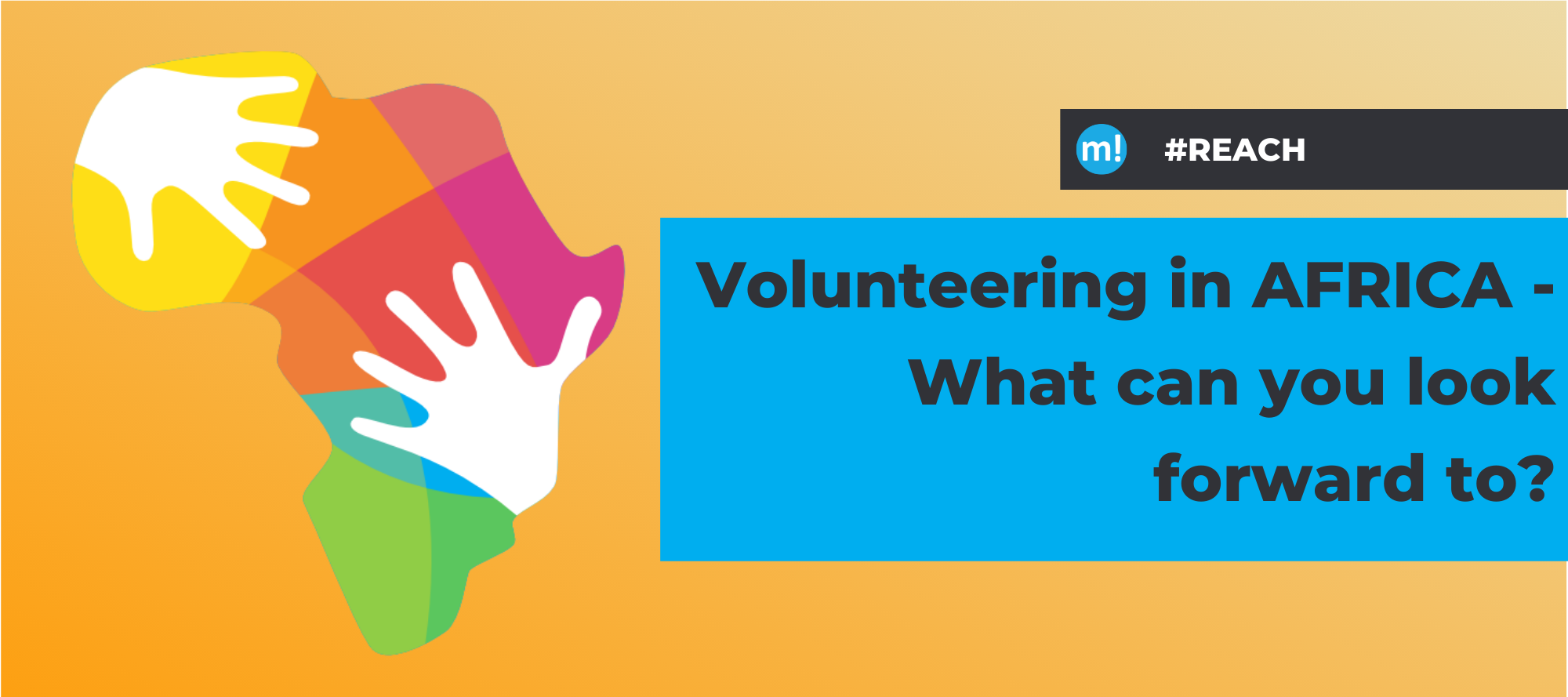
Is traveling and discovering what makes you happy and fulfills you? Is it your dream to visit Africa once and get to know the culture and people? Ivka Petrisková, the project coordinator of Mladiinfo Slovakia, shared her experiences and feelings with us. Ivka took part in study trips to Southeast Africa, Rwanda, Uganda and Kenya as part of the YES WE CARE partnership project, thanks to which Mladiinfo Slovakia prepared the REACH project.
If you would like to travel to Africa, see the current open positions in Kenya and Uganda.
Slovak version here.
Africa has always been my dream. Something always “pulled” me there, so my feelings were exactly like when your huge dream (from childhood) becomes the reality 🙂 Before travelling, it was necessary to receive vaccinations (for yellow fever) at the clinic for foreigner disease, where they examined me and pointed out the associated risks before my trip. We have also secured antimalarials, to be ready if such a need would have arisen, but it is not necessary to drink them when traveling to the antimalarial area. In addition to the health preparation, you have to apply for an e-visa (you will receive these for 90 days for the whole of Southeast Africa, so you can move among countries). The visa arrived in a few days and I was ready for packing.
The trip went without any problems. At the border, the police were very friendly. They asked if we were in Africa for the first time. They stuck a visa certificate in our passports, scanned our fingerprints and wished us a pleasant stay. In the current situation, the travel may be slightly hampered by the ongoing COVID-19 situation, but I think airplane transport is secured just as well as before.
In the countries, we were still moving in a small group. There were about 10 people together and our host partner organizations rented a minivan for the entire stay. I would also recommend volunteers to travel in groups or ideally with someone local, e.g. with a mentor if possible, on the one hand it is better for getting to know the country, because the locals know the conditions in the country, they can speak the local languages, they know just the right places to eat in, places to visit and so on.
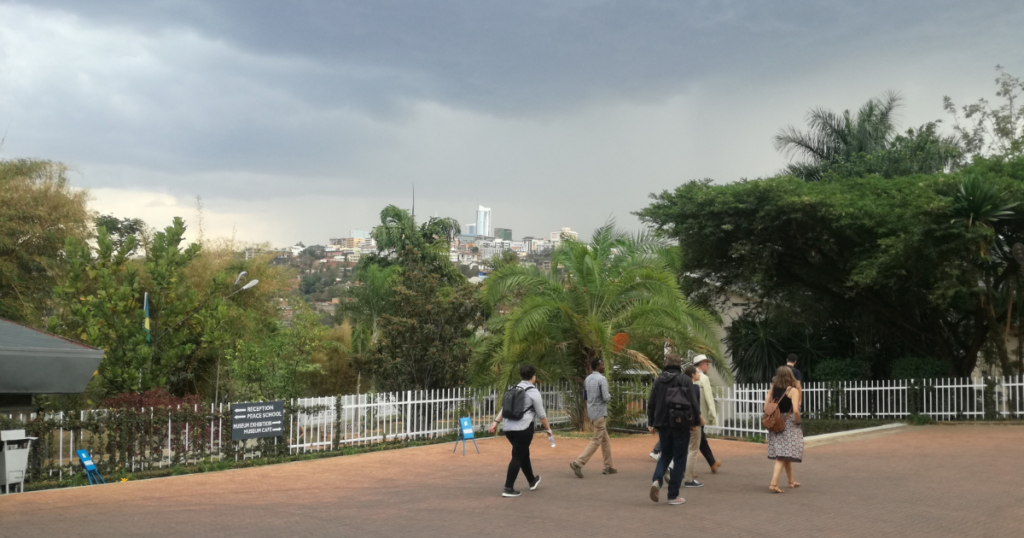
The people were mostly very nice, friendly and most importantly very hospitable. We felt very well.
Since we spent the time with people we met before, all my trips to Africa were in a very friendly, almost family atmosphere. Of course, the children were the friendliest, they literally jumped towards us, they wanted to touch us, as this was for some of them the very first time they had met a white man. White people are called “muzungu”, so don’t be afraid if they shout it at you, it’s not an insult 🙂 I believe that volunteers who decide to join the project will feel very well too and find their “new families” there.
From the observer’s point of view, their mentality is similar to what you see in various movies or music videos. They are mostly dressed colourfully, they are very cheerful, smiling, they honestly enjoy life. I love this about them. During our travels, we visited several innovative and socially oriented projects, companies, coworkings, and I was struck by the high level of innovation, progress and really great ideas. Some of them lacked marketing or better business thinking, but we are not much advanced in Slovakia either. 😀
But yes, we have seen very poor parts as well, especially in Uganda (the so-called “Pygmy” ethnic group near Itambira Island where volunteering will take place in our REACH project) or “slums” in Kenya. There are large parts of Africa that are really poor, stuck in generational poverty, illiteracy and inability to get out of this vicious circle, but we can see this in the slovak minorities and in other countries too.
In my point of view, most parts of Africa are poor exactly because other countries abused their wealth. Africa is, in fact, the richest continent on Earth. One of the main reasons why I initiated the project REACH after my trips to Africa, was to break stereotypes about Africa, which “needs help or even rescue” from the rest of the world. I want us to inspire each other, so we can really help each other.
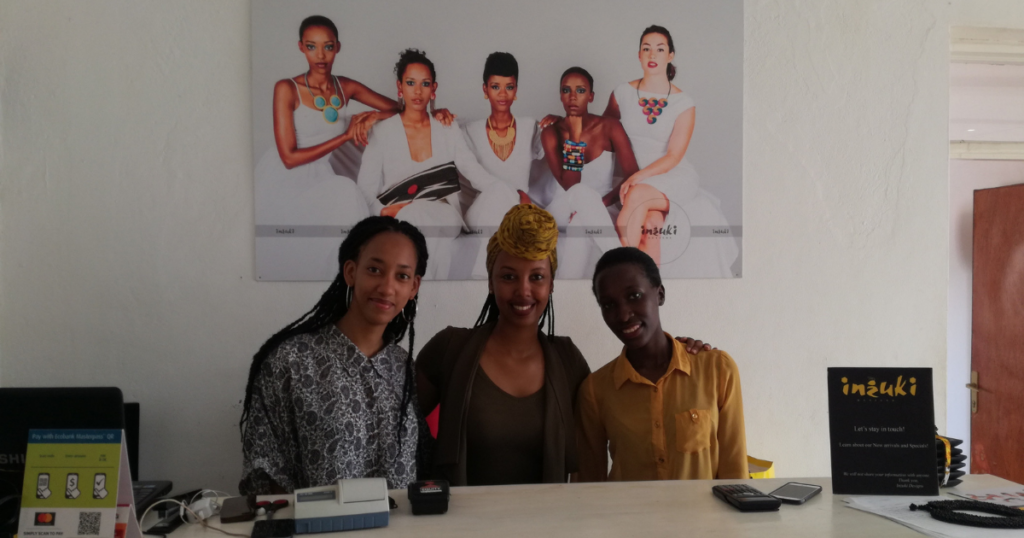
Since I love fruit, I enjoyed it the most. Fresh passion-fruit juice was a must-of-the-day for me and then bananas. This is incomparable to those we buy in Europe. In Southeast Africa, bananas are often cooked; they can be both sweet and salty. A typical food is the so-called “Ugali”, which is like a thick porridge made from white cornmeal or cornmeal. The chicken meat is eaten predominantly.
Simon in Uganda gave us a taste of local “chips” baked locusts caught with the help of lights in the grassy area which is so illuminated that it resembles a sports stadium.
You can read about this Uganda specialty at the BBC: https://www.bbc.com/news/world-africa-46357020
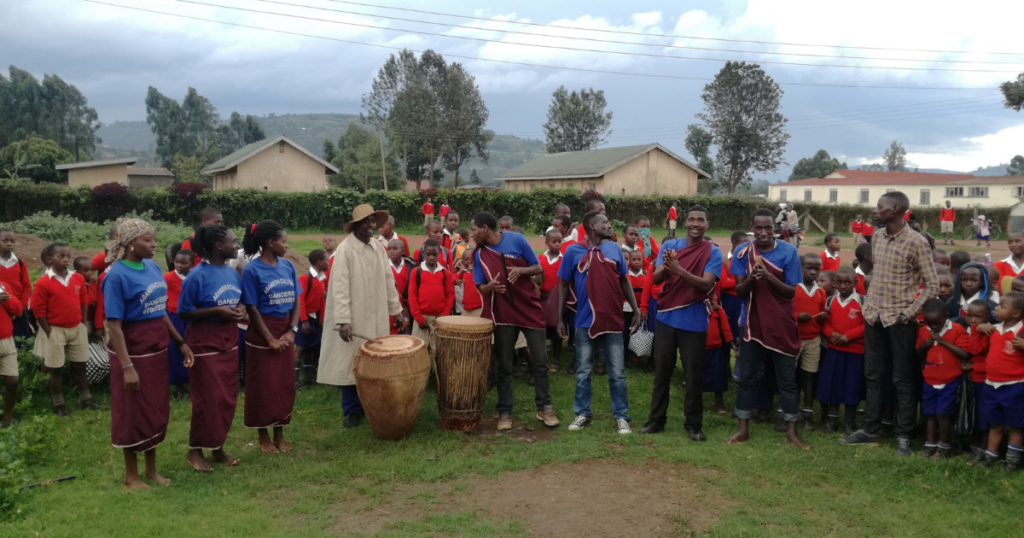
The warmest weather for me was in Rwanda, because it was my first trip. It was difficult, but I got used to it. The most pleasant weather was in Uganda, because Itambira Island is on Lake Bunyonyi and it is one of the most beautiful places I have been so far. Kenya’s climate has also been better manageable after my previous experience. I would recommend taking light, permeable and loose clothing. The best one is that which will cover most of your body (for example, a shirt with longer trousers are great for boys, for girls longer dresses and skirts. 🙂 But you definitely need to take a rain jacket or other warmer clothes, because it can cool quite significantly at night. A head covering is definitely needed as well.
Water is bought mainly in plastic bottles or is drunk only from a proven source. When buying water in plastic bottles, it is necessary to be careful that it is not only a bottle filled with tap water, but it is recognizable by its smell.
I love Africa. Its color, photogenicity, power. I have many beautiful memories of these trips and I recommend everyone to experience the African safari, see the wildness of nature from close (about 3-4 meters from our car passed an elephant, I call that proximity :D), enjoy passion fruit juice looking at the vast plantations or a beautiful lake , taste real bananas, see the bustle of African cities and the peace of beautiful natural wonders. To see the reality of the contrasts in which we live on our Earth and to realize that we have many reasons to be grateful for what we have in life. I carry these feelings and much more from my travels to Southeast Africa and I wish everyone to have the opportunity to experience something similar during 3 months on a volunteer project.
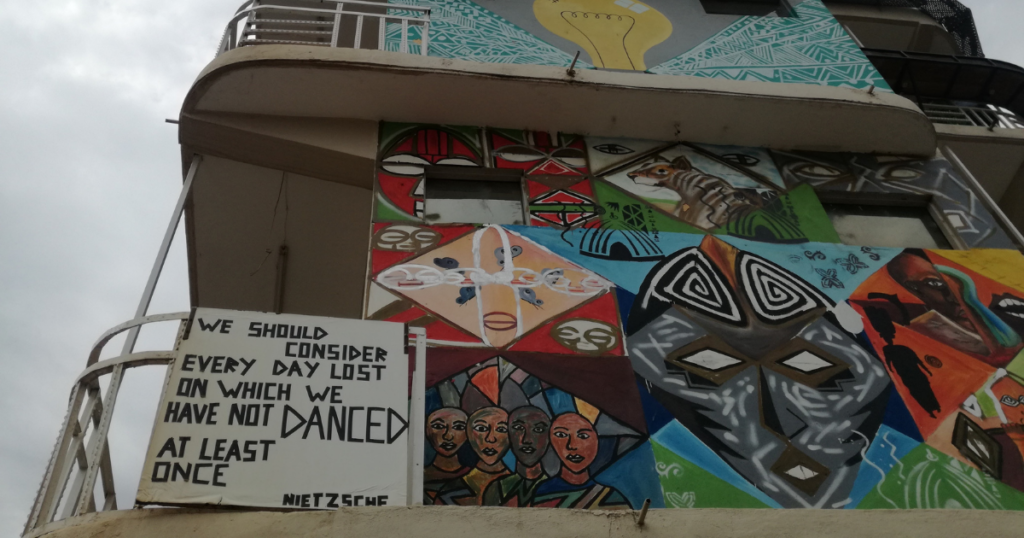
The name of the organization is Let Us Save Uganda (LUSU) and it is a non-profit and charitable organization registered as a community organization. The intention of LUSU is to listen to and consider the advice and views of people from local and international backgrounds in order to create a fundamental change for sustainable development.
The role of the volunteer will be to assist as support staff in various areas: networking, financial management, ecotourism, community development, social entrepreneurship and various administrative work in the city of Kabbalah. It is also possible to help at primary school with various trainings for children and youth.
Africa is magnificent and rich in fauna and flora, which is why there is so much variety and uniqueness. Come to volunteer with us in Africa for 3 months and experience what not everyone will have a chance to experience. Take part in a project in Uganda or Kenya and don’t miss this opportunity to get to know the world a bit more.
If you have questions about volunteering, contact us directly at volunteers@mladiinfo.sk
